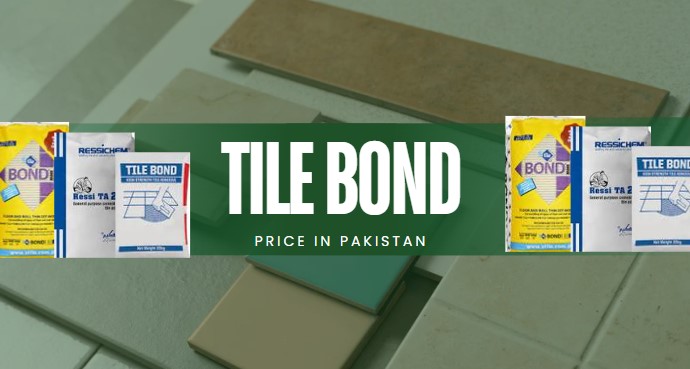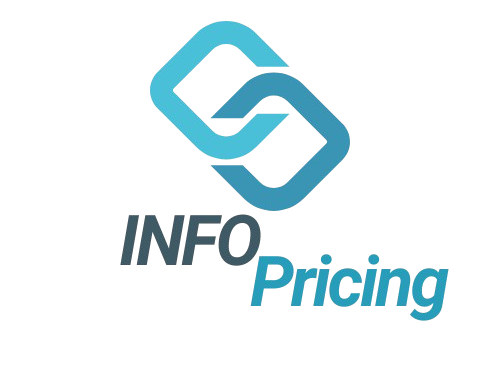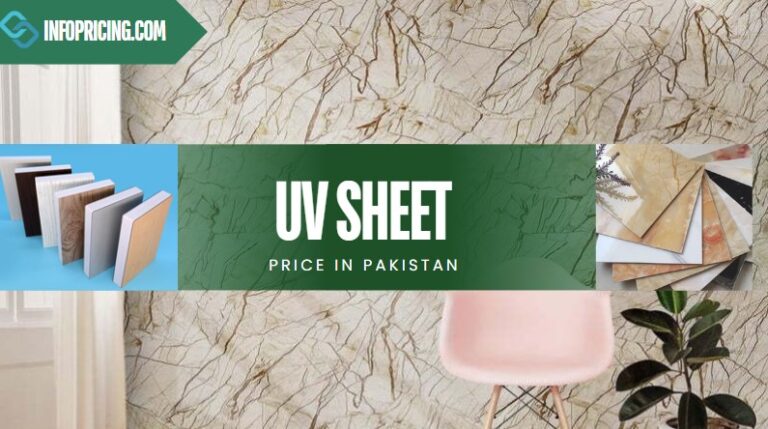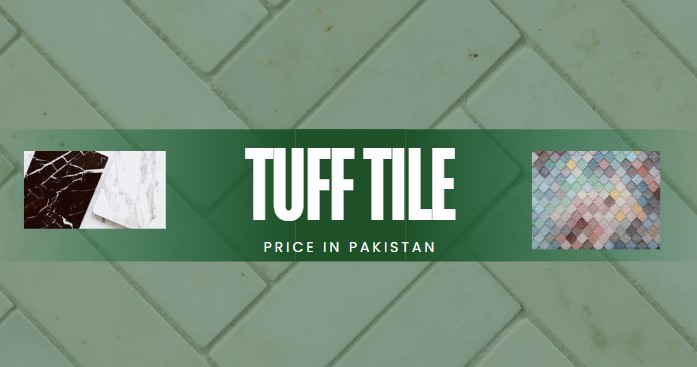Tile Bond Price in Pakistan | February 2025 | Latest Tile Bond Rates
Do you want to build your dream home or modernize your current one? Tile can give a home a respectable look. You have chosen tiles to cover your floor and walls, but you’re also curious about the price of tile bond in Pakistan.
We provide you with complete information on Tile Bond Pricing in Pakistan. Let’s first understand the types and functions of tile bonds before we get to the pricing.
Tile bond is a type adhesive that can be used to adhere tiles to a variety of surfaces including metal, wood and concrete. It is a strong, quick-drying, waterproof adhesive that has a high degree of strength. Tile bond is used in bathrooms, showers, and kitchens because it is resistant to moisture, temperature extremes and water.
Tile Bond Price in Pakistan
In Pakistan, there are many types of tile adhesives that are used to fix different floor tiles.
In Pakistan, there are a number of tile bond companies ranging from small startups to large conglomerates. Our website has the prices for all well-known and reputable tile bond brands, which will help you choose the best tile bond.
| Brand Name | Weight (KG) | Price(PKR) |
|---|---|---|
| Master Tile Bond | 20 | 550 |
| PCI Tile Bond | 40 | 1100 |
| Happilac Tile Bond | 40 | 1100 |
| Bestway Tile Bond | 20 | 540 |
| Bestway Tile Bond | 40 | 1050 |
| Metro Tile Bond | 20 | 650 |
Various Types of Adhesivesves for Tiling
On the market, there are many different types of tile adhesives. They differ from each other in terms of their composition and properties. Below are some of them:

- Cement based tile adhesives
Cement-based tile adhesives are mixtures of adhesives that can be used to adhere tiles and stone materials to surfaces such as walls and flooring. These adhesives are typically made from sand and Portland cement with other additives. - Polymer Modified Adhesives
These adhesives are used in construction and manufacturing to join materials such as wood, rubber, plastic and metal. Polymers improve the performance of adhesives by helping them bond to materials. - Epoxy tile adhesive
Epoxy tile adhesive is a strong and long-lasting adhesive that can be used to attach ceramic tiles to a variety of surfaces.
It is often used in bathrooms and kitchens, where water will likely come into contact with tiles. This is because it is resistant to cracking and moisture. Epoxy tile adhesive is usually sold as a two part system that must be mixed together before use. - Ceramic tile adhesives
Ceramic tile adhesives are used to adhere ceramic tiles to a variety of surfaces, including metal, wood and concrete. Cement-based adhesives, as well as epoxy-based and polymer modified adhesives, are the most commonly used.
Adhesives made from cement are usually used for interior applications. Epoxy and polymer-modified adhesives are used for exterior applications. It is important to use the correct adhesive for the application in order to ensure that the tiles remain in place and are durable over time.
Tile bond manufacturers in Pakistan
- Master Tile Bond
- Shabir Tile Bond
- PCI Tile Bond
- ZA Tile Bond
- Sea Star Tile Adhesive
- Happilac Tile Bond
- Xtreme Tile Bond
- Stile Tile Bond
- Bestway Tile Bond
Tile Bond vs. Cement
Tile bonds and cements are adhesive products used to secure tiles for various applications. Tile bond is an adhesive product that is used to attach tiles to surfaces such as counters, walls, and floors. It can be used in damp and moist environments due to its water resistance. Cement is an adhesive that can be used for a variety of surfaces.
Environmental effects of tile bonding materials
The environment can be affected by tile-bonding materials in several ways.
- These effects include the release of volatile organic compound (VOC) and other air pollution during installation, as well as the creation of hazardous waste and the leaching into water of heavy metals.
- Tile bonding materials may also contain toxic chemicals such as formaldehyde and solvents. These chemicals can contaminate water and soil when released into the environment.
- Tile bonding materials are also a source of construction waste. These materials are often packaged in plastic bags that can take hundreds of year to decompose in a landfill.
Tips for achieving a long-lasting tile bond
- Make sure the surface is completely dry and clean before you begin tiling. Dirt or grime on surfaces can prevent the tile from sticking.
- Choose the right adhesive for the type of tile that you are using. Be sure to read the label carefully before buying, as some adhesives may not be suitable for all types of tiles.
- The adhesive will adhere better if you apply it uniformly.
- Allow the adhesive to dry before you begin placing tiles. The bond will be stronger.
- By using spacers you can ensure that your tiles have uniform gaps. This will prevent tiles from shifting with time.
- Grout the surfaces to ensure a strong bond between the tiles. Use the right grout for your tiles and apply it evenly to ensure a strong bond.
- Sealing your tiles will prevent water and other liquids seeping in and damaging bond.
Tile Bond Preparation Method
Tile Bond is a polymer-modified, pre-mixed mortar for setting tiles on walls, countertops and other surfaces.
Follow the instructions on the Tile Bond Adhesive packaging when mixing it with water in a bucket.
For Tile Bond, mix one part powder and three parts water. Mix the powder with water using a paddle mixer, drill or whisk.
After mixing, the mortar should look like a thick paste. Let the mixture sit for some time so that the powder can absorb water. To achieve a uniform texture, the mortar must be thoroughly mixed a second time.
Allow the mortar to sit for 15 minutes before using it. The mortar will be easier to spread after it has hydrated.






